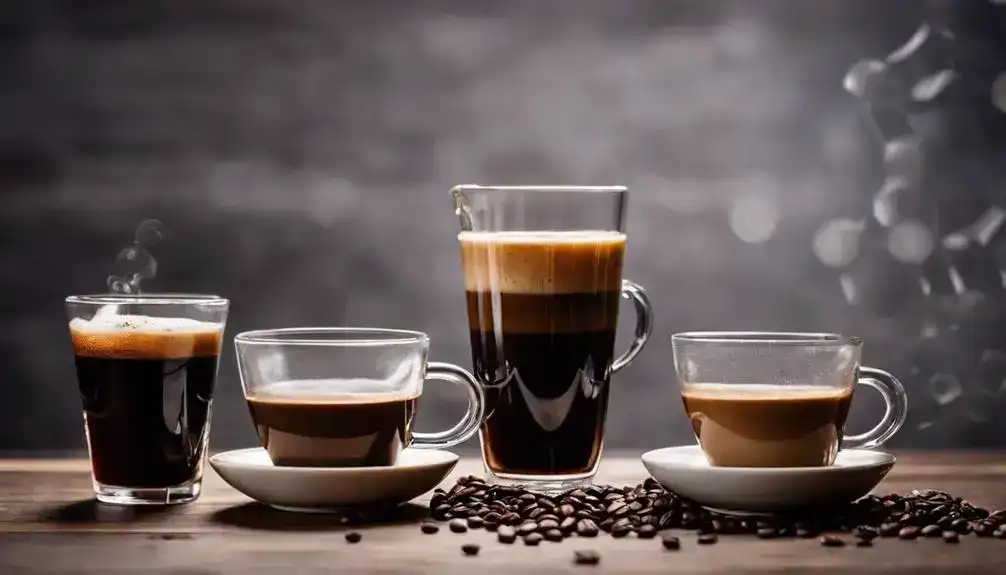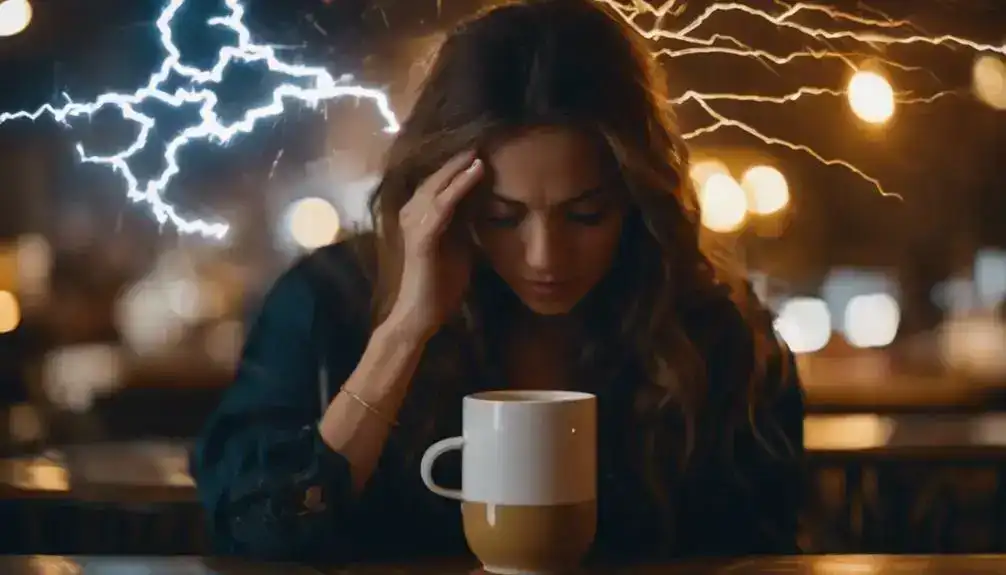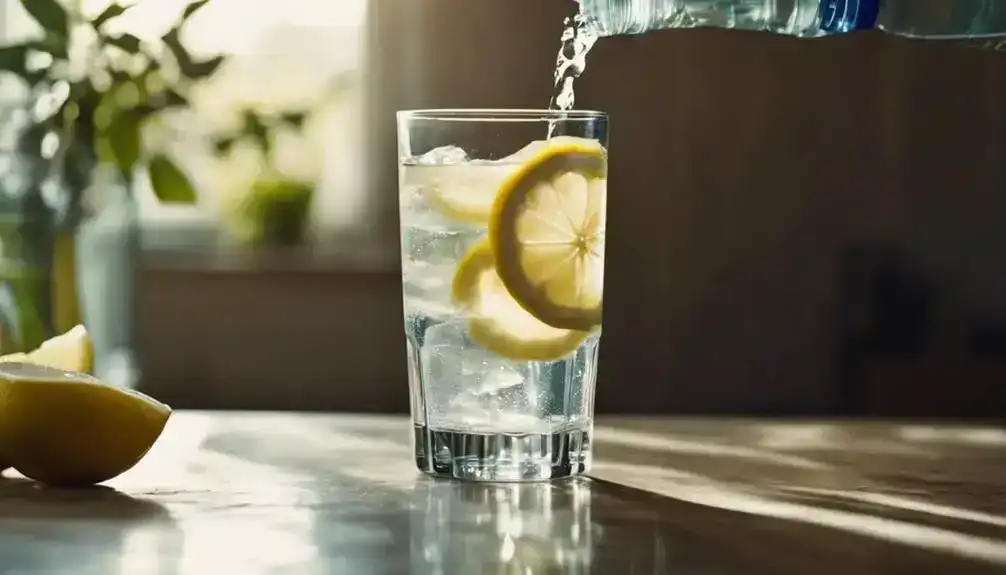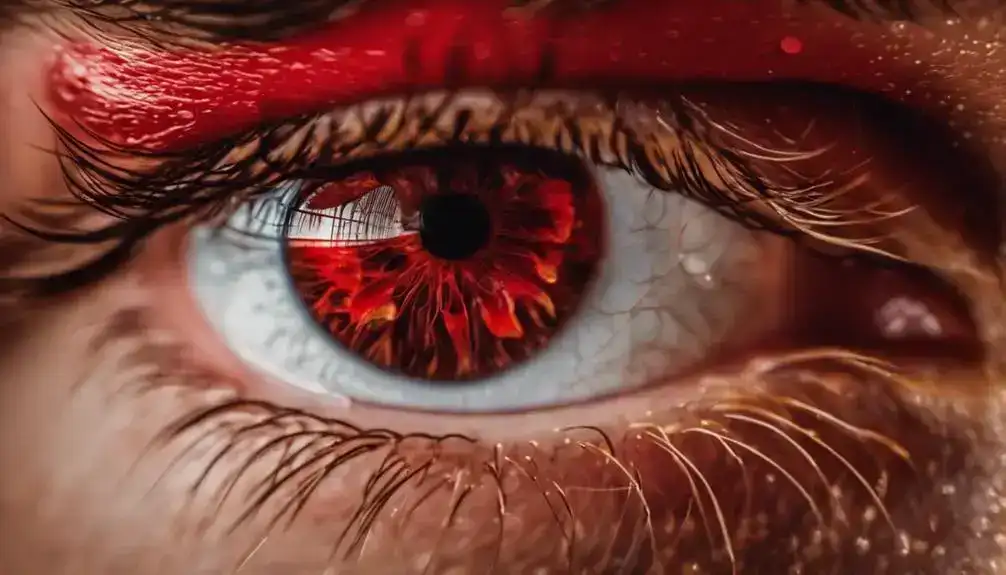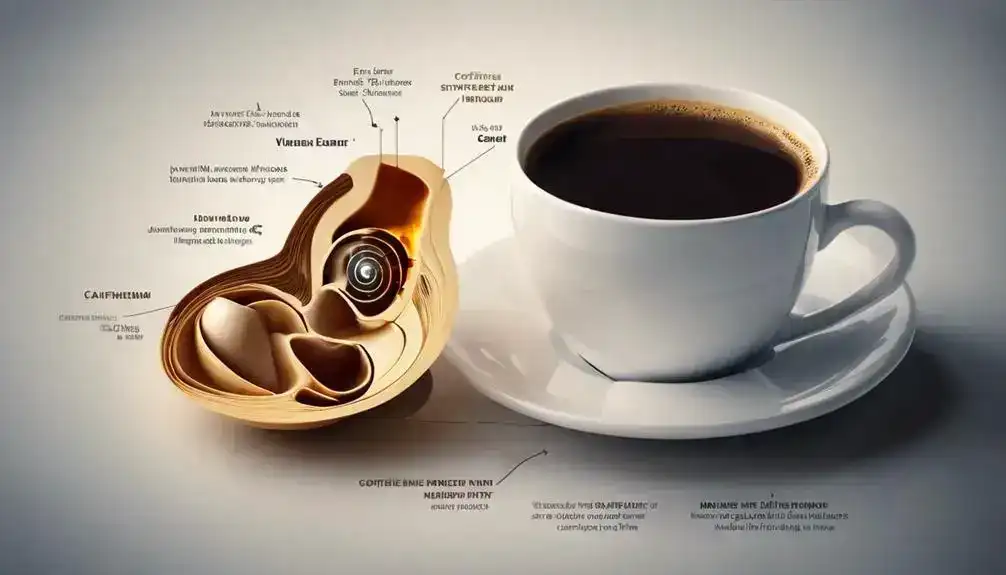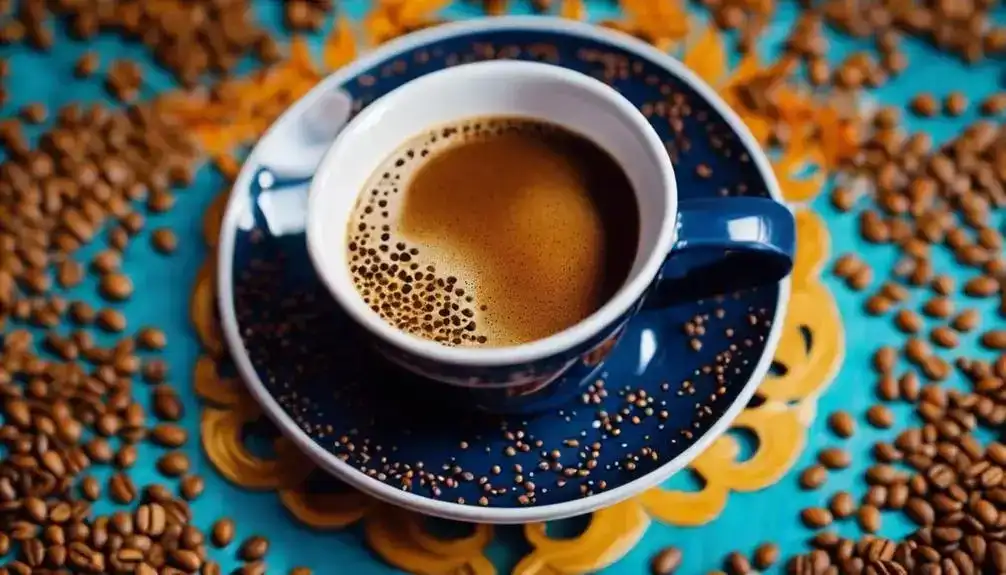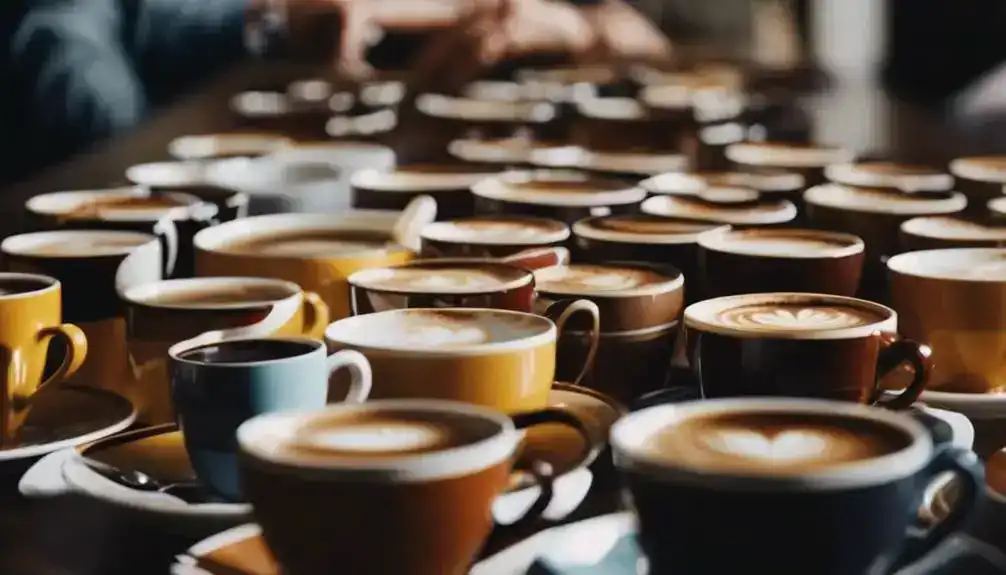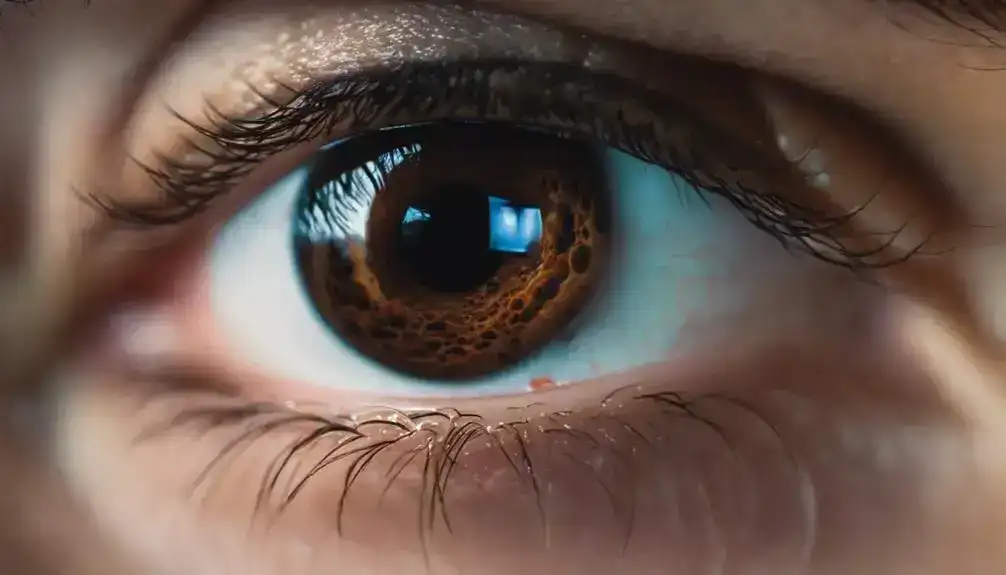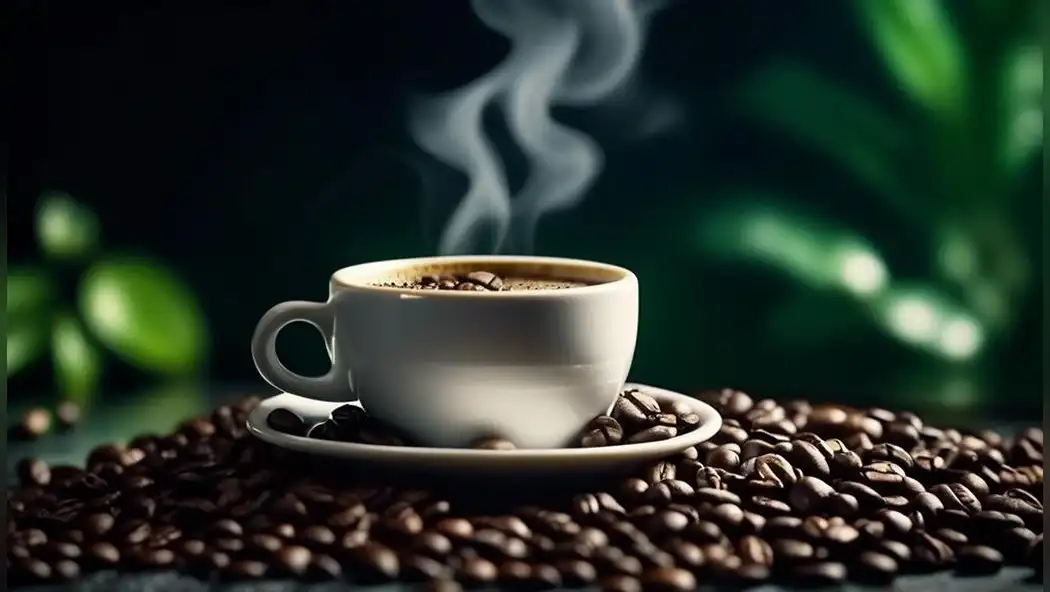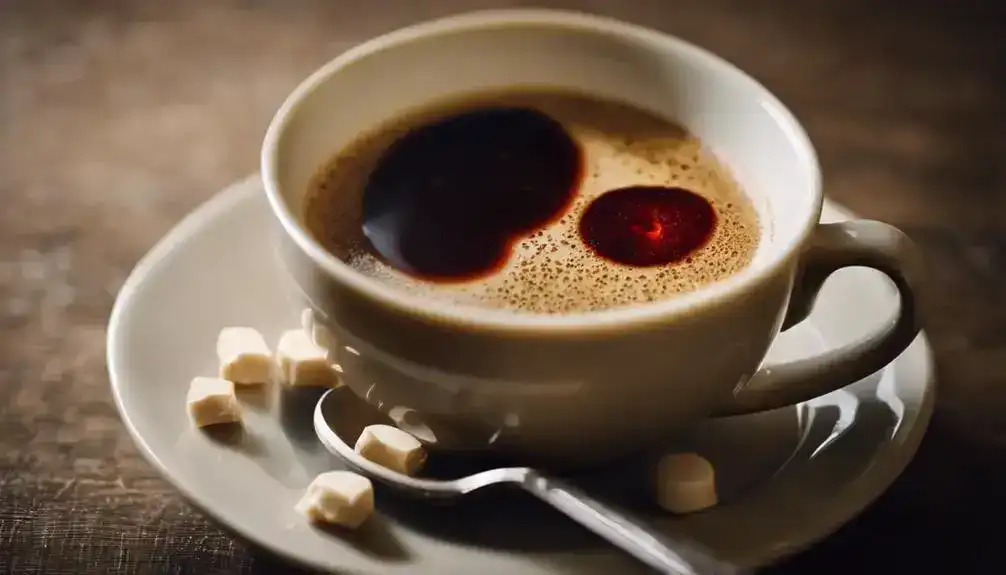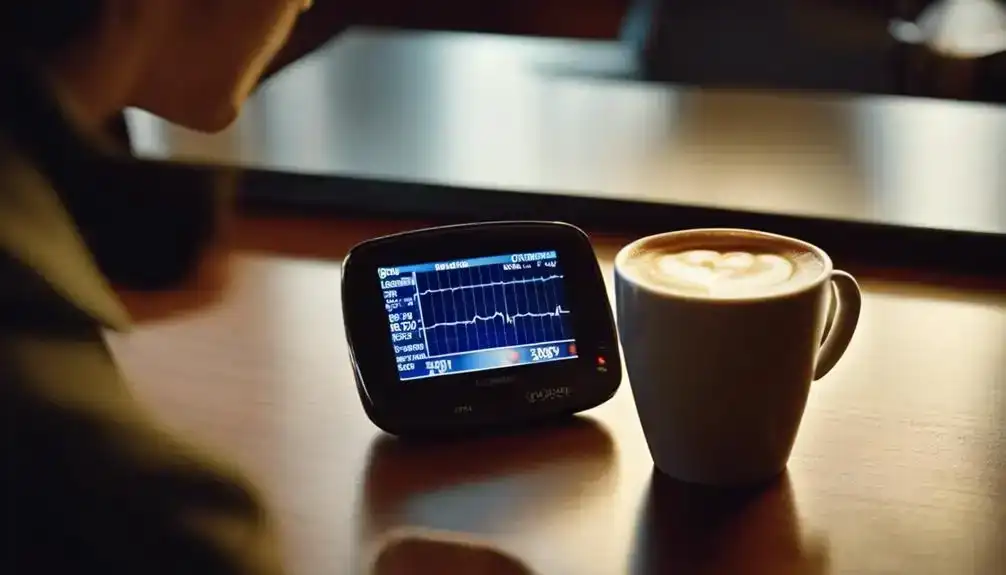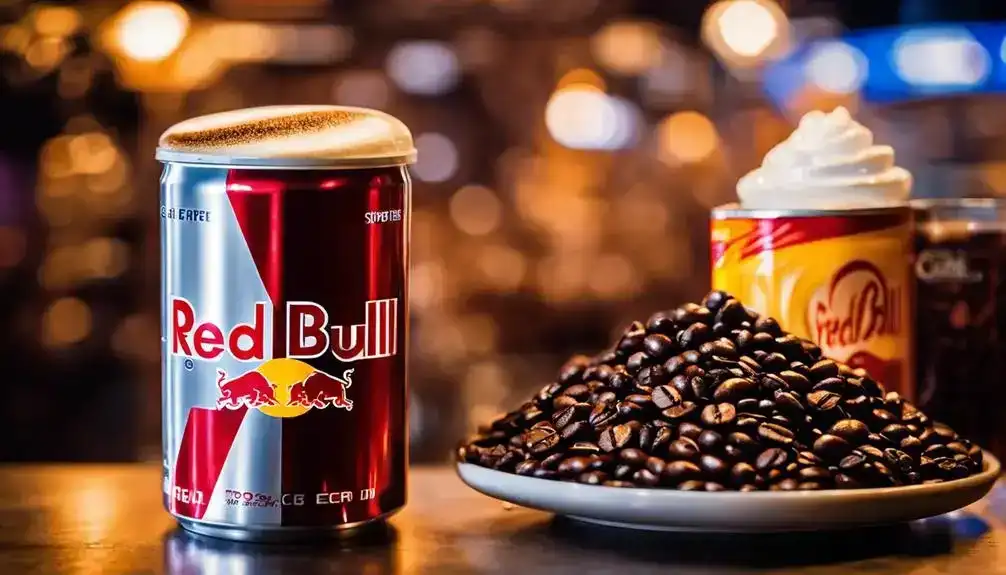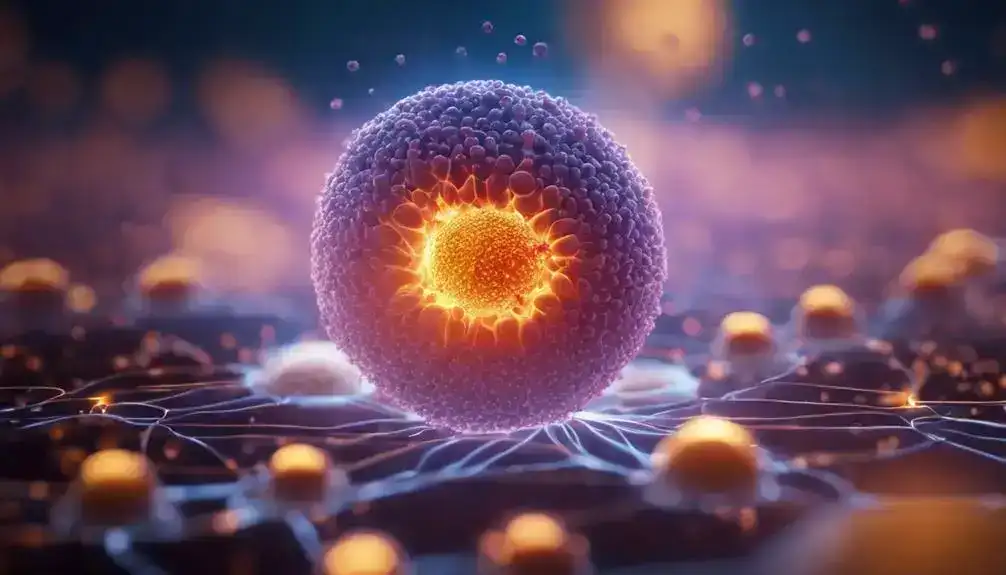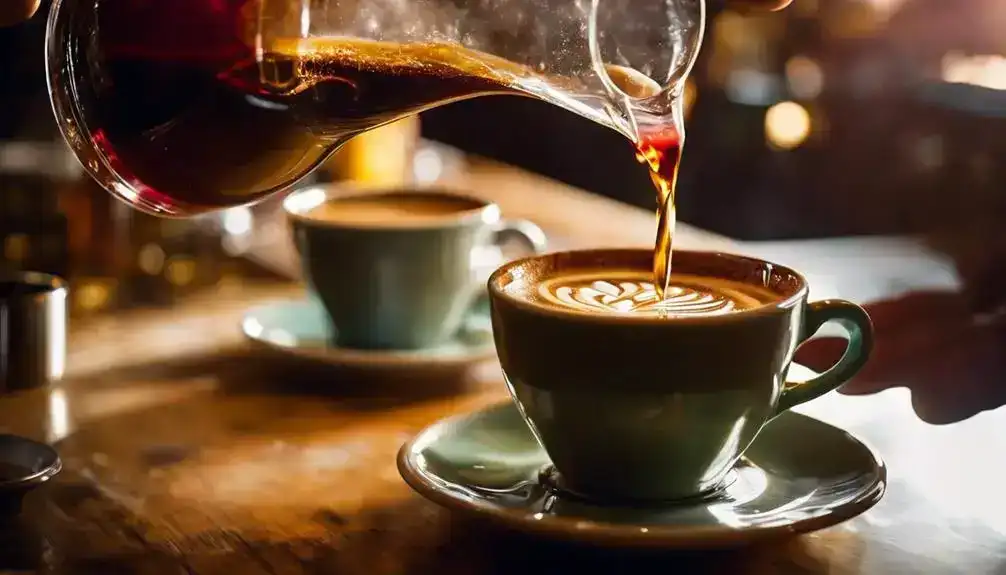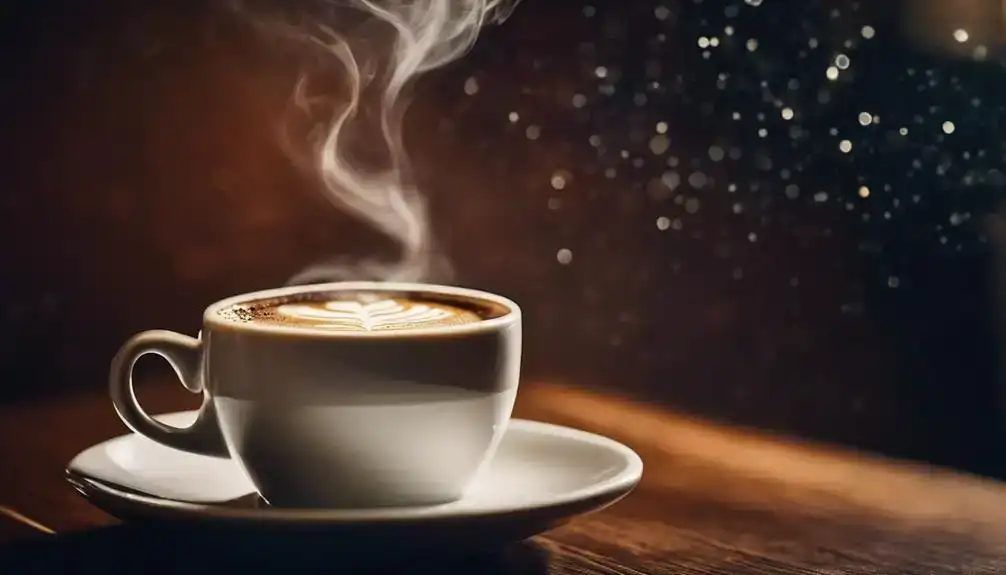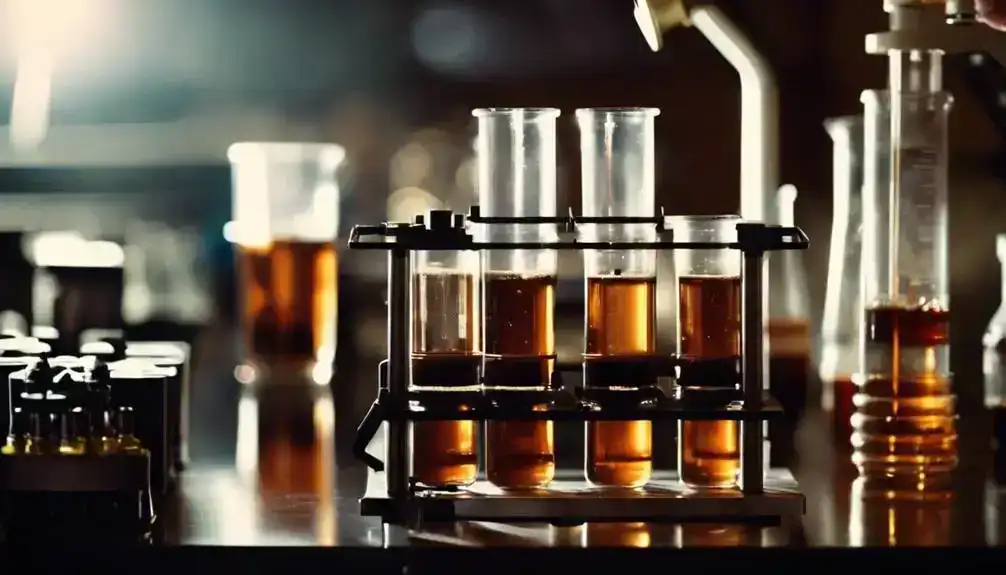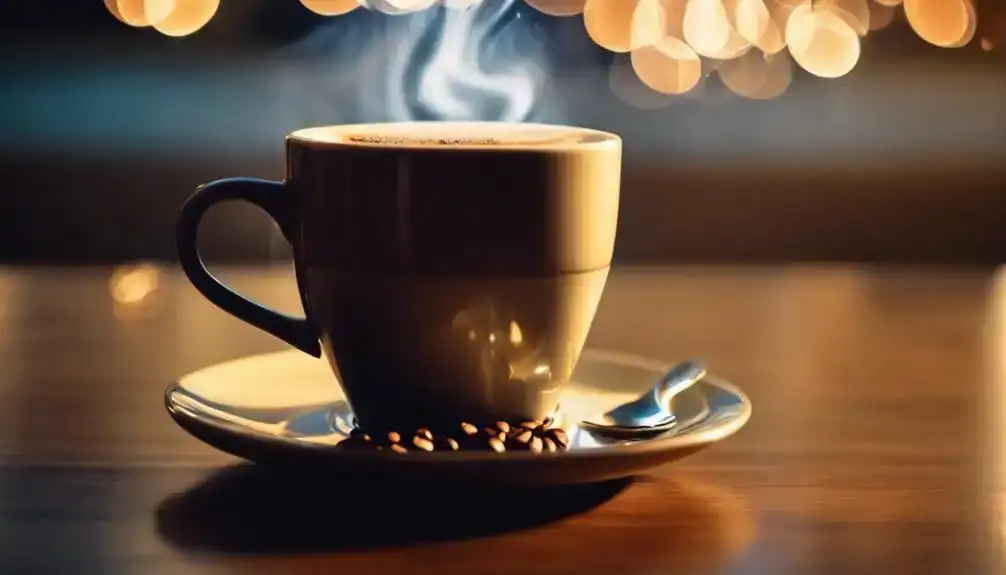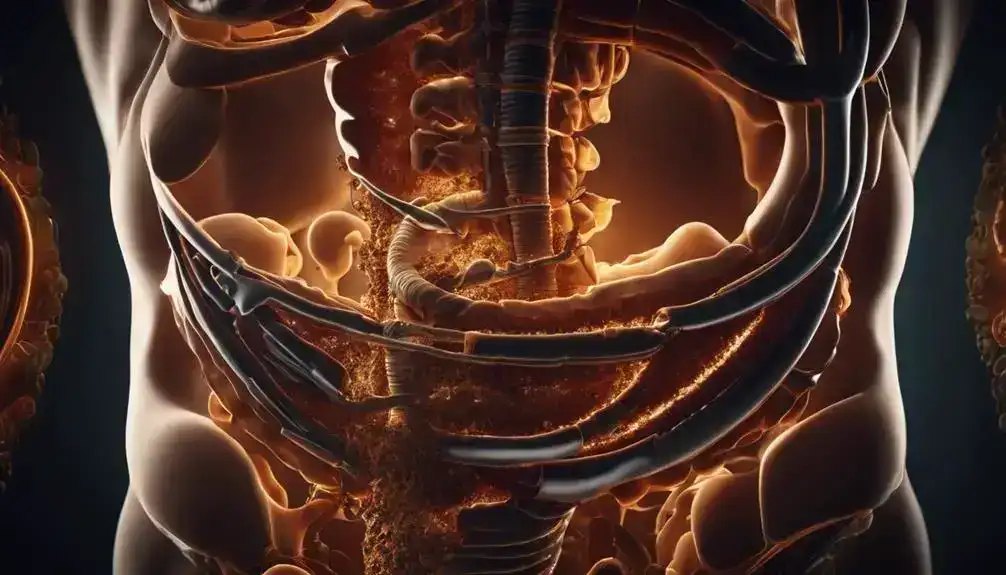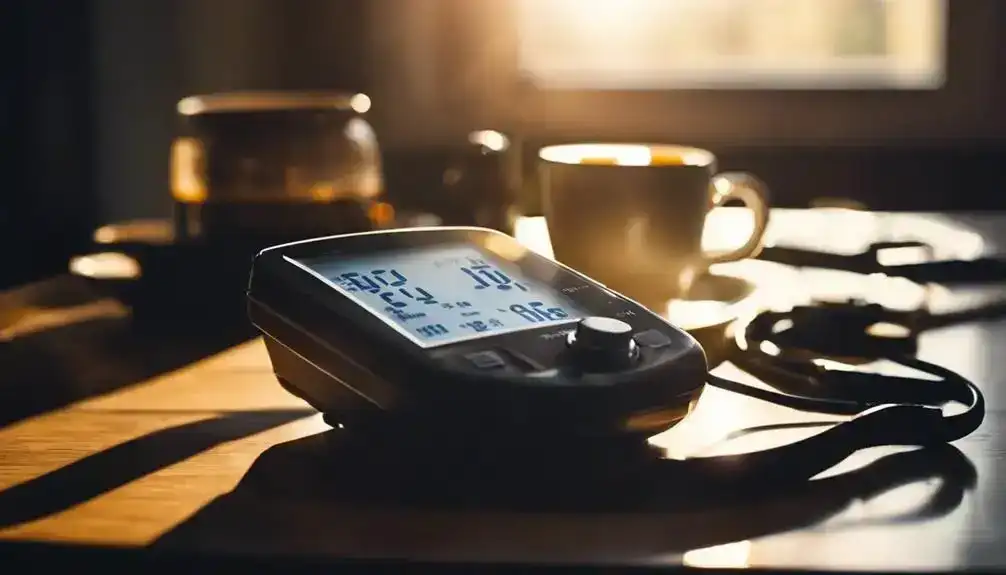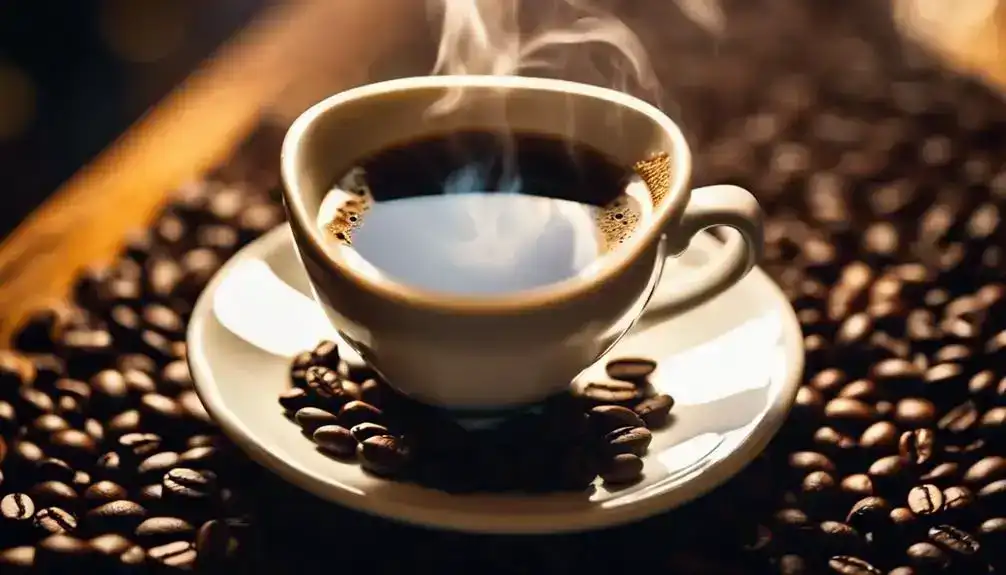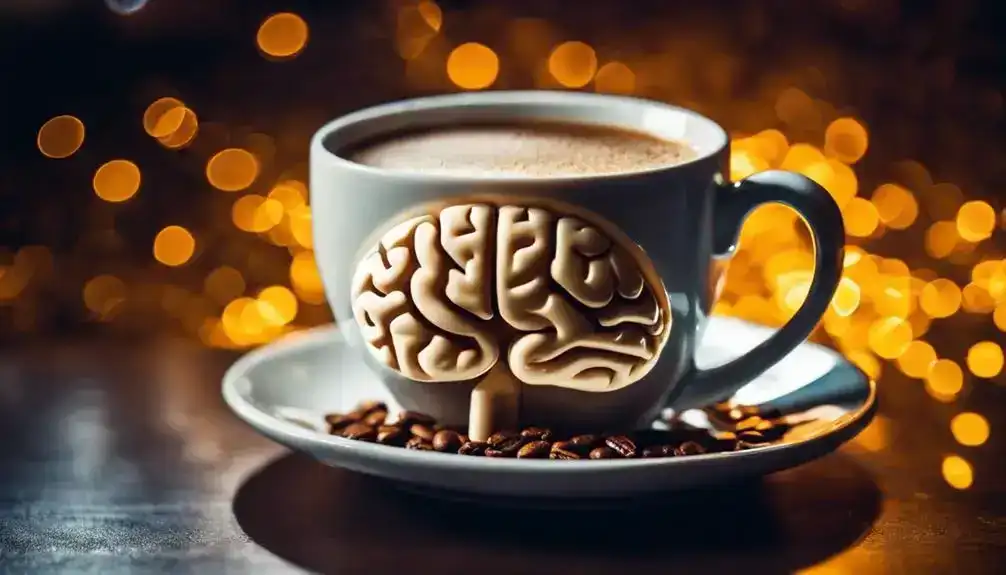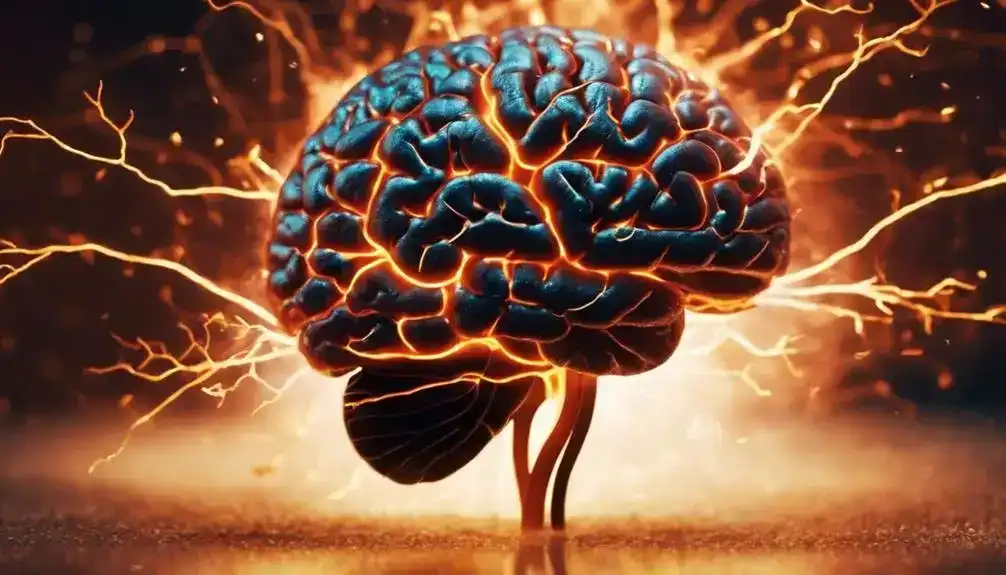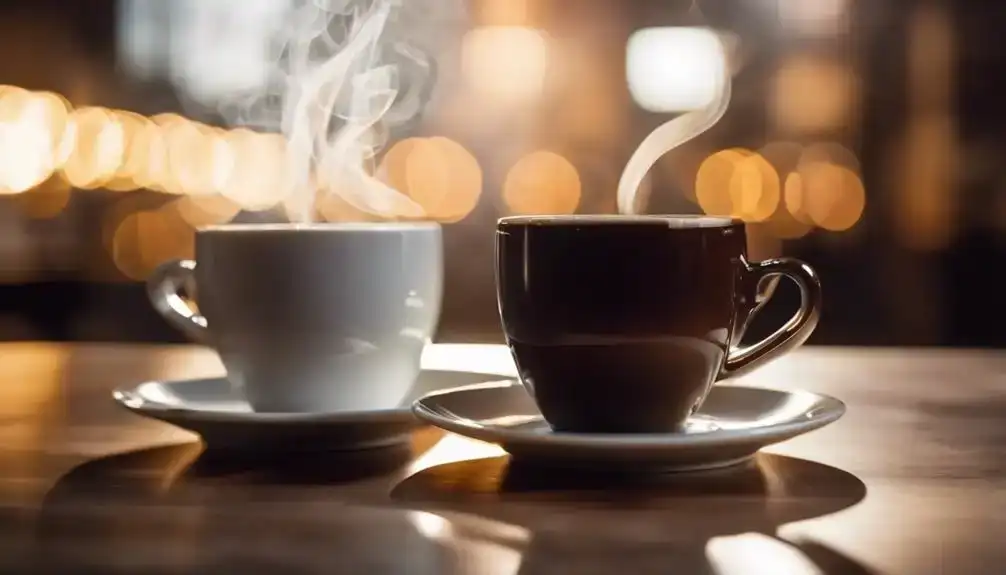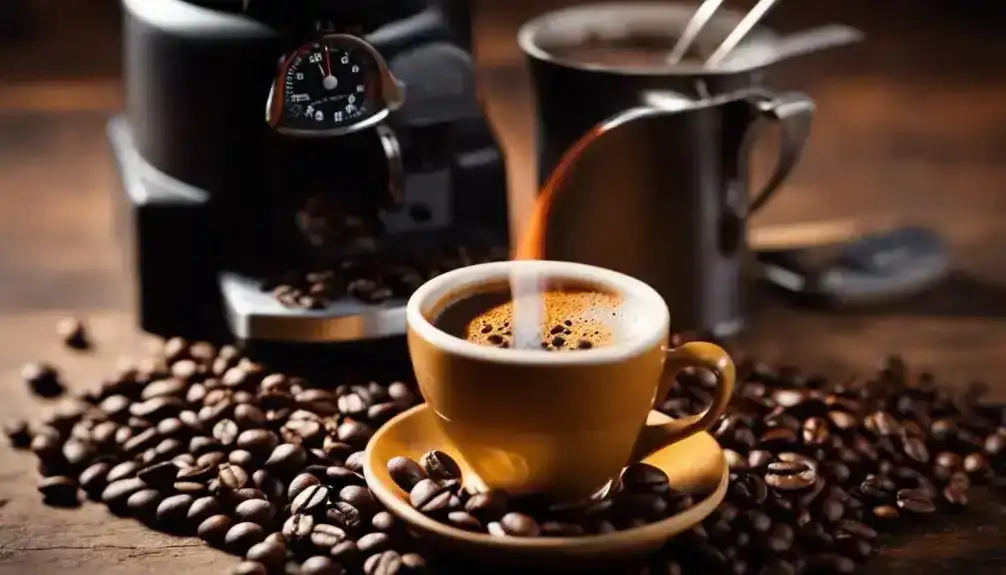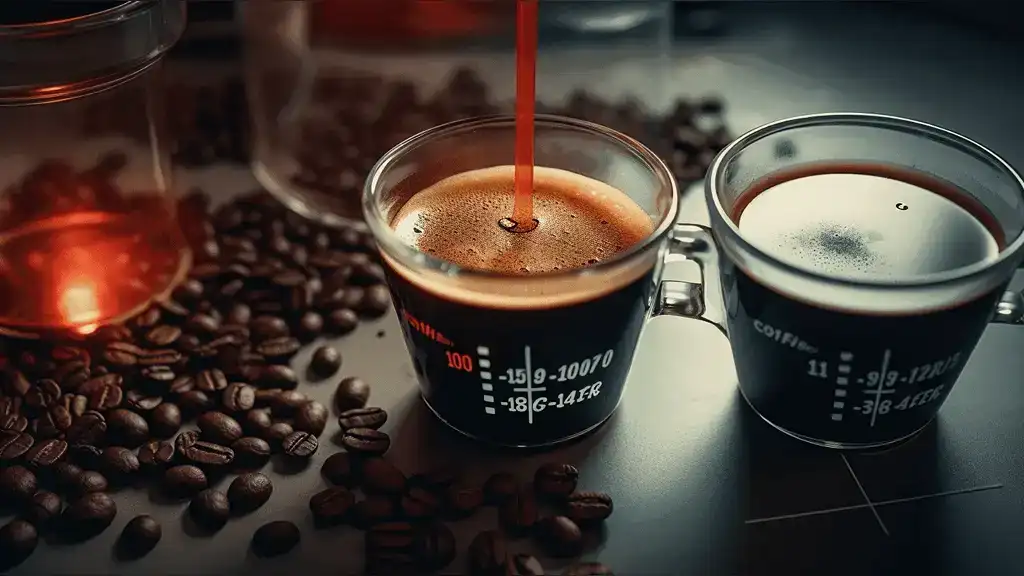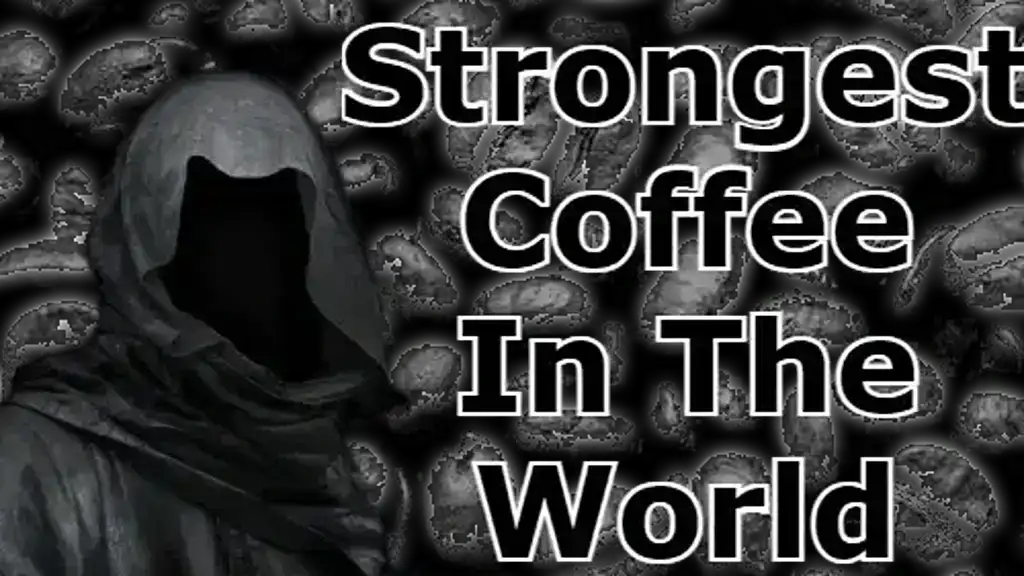Category: Coffee Caffeine Content
Embark on a journey into the heart of coffee with our “Coffee Caffeine Content” category. Here, we delve deep into what makes your morning cup so invigorating. Every guide is a treasure trove of knowledge, revealing the mysteries of caffeine levels in various coffee types. Whether you’re a seasoned coffee aficionado or a curious newbie, these guides will transform your understanding and appreciation of your daily brew.Why This Matters to You Personalize Your Coffee Experience: Learn how to choose the right coffee for your caffeine needs. Health and Wellness Insights: Discover how caffeine affects your body and mind. Expert Tips and Tricks: Gain insider knowledge on brewing methods that maximize or minimize caffeine content.Explore Our Expertly Curated Guides The Caffeine Scale: From mild to high-caffeine coffees, understand what you’re sipping. Health-Focused Insights: Delve into how different caffeine levels can impact your health. Brewing Mastery: Uncover brewing techniques that alter caffeine strength.Your Go-To Resource for Coffee ClarityOur guides are more than just informative; they’re a gateway to a more enjoyable and tailored coffee experience. You’ll not only learn about caffeine content but also how to harness this knowledge for a better, healthier coffee routine.For Every Coffee Lover Health Enthusiasts: Learn how to balance enjoyment and health. Busy Bees: Find out which coffees give you that extra boost when you need it most. Calm Seekers: Discover low-caffeine options for a soothing cup.A Call to Action for Coffee EnthusiastsDon’t let your coffee questions go unanswered. Dive into our “Coffee Caffeine Content” category and unlock the secrets of your beloved beverage. Whether you’re seeking to amplify your energy or find a calming brew, our guides hold the key.Explore now and redefine your coffee experience!
-
Uncover the swift journey of coffee caffeine in your body, from absorption to peak levels, and discover how it impacts your system.
-
Fascinated by caffeine levels in coffee? Discover which brew delivers the ultimate punch, from regular to high-caffeine options, in this insightful guide.
-
Uncover how caffeine in coffee can unexpectedly trigger or relieve headaches, presenting surprising insights on managing this common dilemma.
-
Yearning to quickly rid your body of coffee caffeine? Discover effective tricks for a fast flush in this insightful guide.
-
Uncover the subtle signs indicating excessive coffee caffeine intake and its impact on your health, leading to informed decisions for better well-being.
-
Brewing questions about caffeine and ear ringing? Delve into the intricate connection between coffee's caffeine and tinnitus in this revealing explanation.
-
Indulge in the incredible benefits of caffeine in coffee for improved health and vitality, starting with a reduced risk of heart disease and stroke.
-
Opt for decaf coffee for numerous health benefits that go beyond just caffeine – discover why it's a smart choice for your well-being.
-
Familiarize yourself with the risks of excessive coffee caffeine consumption – it could impact your health more than you think!
-
Tune in to discover the telltale signs of caffeine sensitivity you should be aware of for a smoother coffee experience.
-
Optimize your gym gains and exercise results with caffeine in coffee, enhancing focus, energy, and fat burning for peak performance.
-
Just how much caffeine should you consume while breastfeeding? Discover the impact on your baby's health and the essential facts for moms.
-
Journey through the intricate connection between caffeine and migraines, discovering how it can either help or hurt, depending on your body's unique response.
-
Jumpstart your understanding of how caffeine impacts sleep before bed, and discover key insights to optimize your rest quality.
-
Keen to learn how coffee caffeine can reduce kidney stone risk by up to 40%?
-
Yes, the relationship between caffeine in coffee and cholesterol levels may surprise you – discover the impact and potential risks ahead.
-
Yearning for a caffeine fix? Discover who reigns supreme in caffeine content between coffee and Red Bull and fuel your curiosity.
-
Keen to know if caffeinated coffee dehydrates you? Discover the surprising truth behind coffee and hydration.
-
Ambiguous research raises questions about the link between caffeine in coffee and breast cancer, urging a closer look at potential risks or safety.
-
Discover the deceptive synergy of caffeine and alcohol in coffee, masking the true impact and leading to risky behaviors – stay tuned for eye-opening insights.
-
Uncover the mystery of caffeine in decaf coffee, ranging from 2 to 15 milligrams per cup, and discover how decaffeination methods affect these levels.
-
Brew up your knowledge on the caffeine content of cold brew coffee, from 109 mg to 285 mg in a 12-ounce serving, with surprising factors influencing the levels.
-
Discover the surprising health benefits that come with quitting caffeinated coffee, leaving you feeling rejuvenated and healthier every day.
-
Nervous about your daily coffee fix? Uncover the hidden health risks of caffeine in this eye-opening article.
-
Curious about why caffeine in coffee triggers bowel movements? Unravel the mystery of your colon's response to caffeine for better gut health.
-
Uncover the intricate relationship between caffeine in coffee and inflammation to understand how it can either combat or exacerbate inflammatory responses.
-
Intrigued by the impact of caffeinated coffee on blood pressure? Uncover the complex interplay between caffeine, hormones, and cardiovascular health in this insightful article.
-
Intrigued by the caffeine content in light vs. dark roast coffee? Uncover the surprising truth and make informed choices about your daily brew.
-
Brew yourself a cup of coffee and uncover how caffeine's manipulation of brain chemistry creates irresistible cravings.
-
Open the door to understanding how caffeine in coffee triggers anxiety, unraveling the link between stress and your daily brew.
-
Muddled by the symptoms of caffeine withdrawal? Find out the timeline and tips for managing the effects of reducing your coffee intake.
-
Keen to learn how coffee caffeine impacts depression? Discover the science behind its potential benefits and risks to mental health.
-
Dive into the intricate world of Arabica coffee caffeine content, where surprises await and your daily brew holds hidden secrets.
-
Espresso vs. Drip Coffee: Dive into the caffeine debate. Which packs a stronger punch? Uncover the facts
-
Unearth the power of the world’s strongest coffees, from the intense kick of Death Wish to the robust flavors of Black Insomnia. Dive into a caffeine-charged adventure and discover the king of energizing brews. Experience the thrill now!
-
Discover the caffeine wonders hidden in each coffee bean. Learn how much kick your daily brew packs and how it varies across bean types. Dive deep, manage your intake, and experience coffee like never before!
-
Curious about caffeine in instant coffee? Discover how it compares to fresh brews and what makes it unique. Perfect for coffee beginners. Dive in now!


